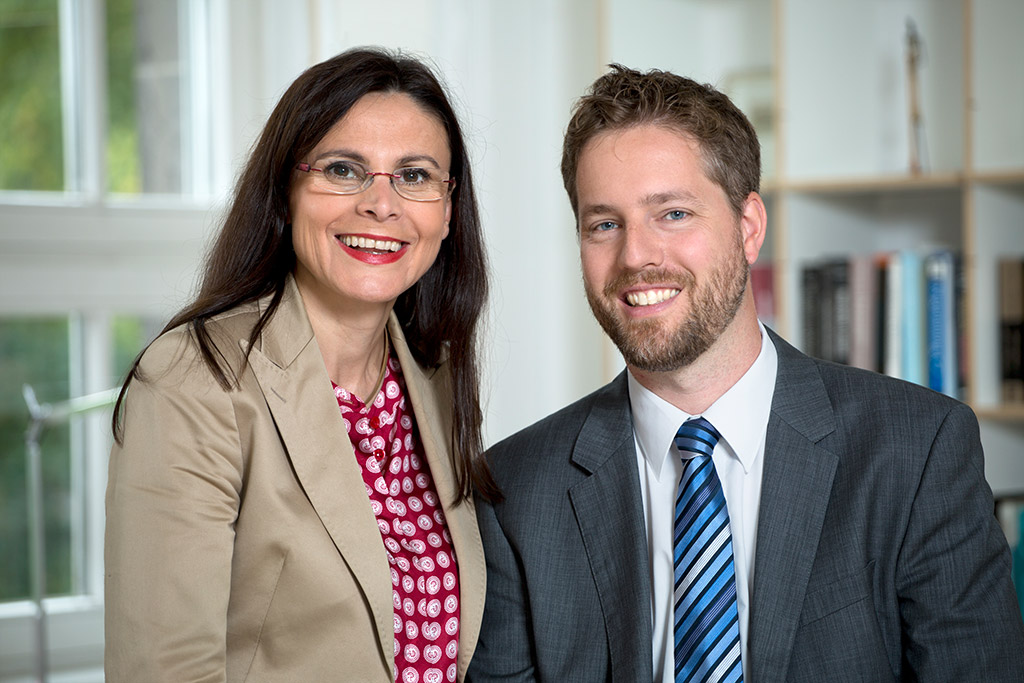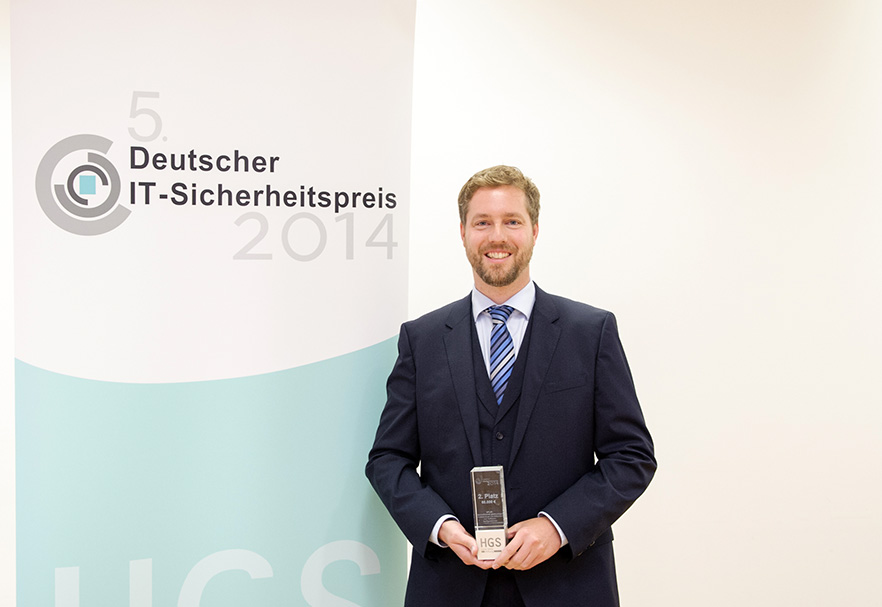We have just kicked off a new project financed by the BSI which has the goal to perform a security evaluation of the current TrueCrypt code base. Do you have any particular insights about TrueCrypt security? Do you want to discuss with us more about what the advisory on the TrueCrypt homepage really means? Then meet with me at 31C3 or drop me a line. You can find my contact data and PGP key here.
Cross-posted from SEEBlog
 On Thursday,
On Thursday,  Toledo. Many thanks for the fruitful collaboration! And Many thanks to Horst Görtz and his Foundation for donating this award!
Toledo. Many thanks for the fruitful collaboration! And Many thanks to Horst Görtz and his Foundation for donating this award! We have moved! You now find us in the new shiny Fraunhofer building at Rheinstraße 75!
We have moved! You now find us in the new shiny Fraunhofer building at Rheinstraße 75!




